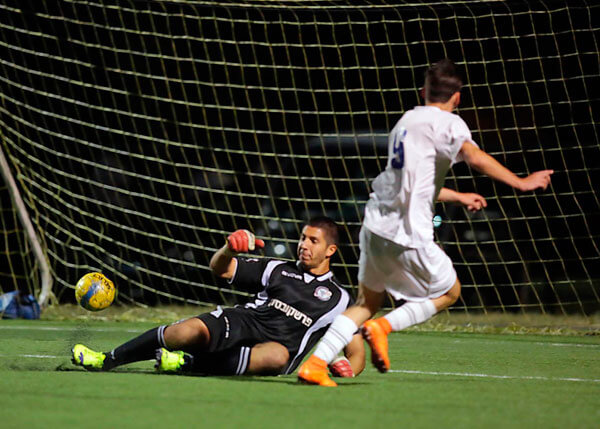Beverly Manley’s roots in Jamaican life are deep. She is a known radio and TV personality with a long history in the political world of Jamaica and is recognized as a strong voice in the Jamaican women’s rights movement.
For 18 years, from 1972 to 1990, Beverly Anderson Manley was married to Michael Manley, the prime minister of Jamaica. This dark-skinned woman who married a light-skinned political legend jarred a pigment-conscious social establishment.
“It’s the beginning of a tradition for Monroe College,” an excited Carol Genese, associate vice president of Academic Affairs, explained. “Beverly Manley is launching our series of noteworthy Caribbean people speaking each semester with our students.” Elaborating, “We have a large West Indian community.” (For the record, 10 percent of Monroe’s students are Jamaican.)
In 2008, Ms. Manley wrote “The Manley Memoirs” that includes her childhood through her years with Manley; it’s very personal and very political, covering years as First Lady of Jamaica, when she was a partner with a democratic socialist prime minister husband.
On March 27, Ms. Manley spent a busy day at the Bronx campus on Jerome Ave.
With 12 international Jamaican juniors and seniors, Ms. Manley shared lunch and participated in a seminar. After engaging in probing questions, she encouraged students, after their studies, in contributing to Jamaica’s economic growth on their return. “You can make change, not just now but in the future,” she predicted.
In the late afternoon, 125 honors students attended a colloquium on transformation with this illustrious guest-of-honor. Prepared, students had researched Ms. Manley prior to her visit. Some had read her memoir. Of course, those from Jamaica are well aware of her legacy. She told the students how young people are needed to grow the economy, “We really want them (young people) to get involved.” Ms. Manley, duly impressed with the caliber of students, offered an inspired message, “You can prepare yourself to be the next great leaders and have impact on the whole world.”
“They were so thrilled to meet her in person,” Genese said.
A striking figure behind the podium, Ms. Manley spoke in the early evening to an open session of faculty and 70 students, introducing herself as an “unapologetic” feminist. She alternated between reading sections from her memoir and extemporaneously sharing anecdotes of childhood and her marriage years.
There were glimpses of her mother, who controlled the household and believed that “education is the only way out of poverty.” As the book reveals, “she collected the check” and her father, a stationmaster with a regular paycheck, “stopped at the rum bar.”
In the political sphere, Ms. Manley shares her full awareness of living in the center of Jamaican history. Her working class background formed her stands on progressive social change and “Michael was involved with the trade union movement.”
Of that early time with the prime minister she said, “Michael stretched the limits within the system. We were widening and deepening democracy.” While their party felt connected to the early Cuba revolutionary spirit, in a global cold-war atmosphere, their party was questioned for its relationship with Cuba, “We suffered as a result.” In 1974, Ms. Manley was president of the women’s movement in the party.
Ms. Manley still continues to work on behalf of women and children. “It is a struggle to get more women in the Parliament,” she said. “Rebel women and rebel men must work together so we all have a place at the table.” She suggests that the “introduction of quotas” may be the only viable action for raising the number of women in the political process.
She concluded her presentation by encouraging the young people in the audience, “You have a whole life ahead of you. You have power and leadership.” She emphasized, “Yes, you can,” (referencing Obama’s slogan), “…have an international relationship!”
Genese reflected on how exemplar the day was, “She gave such an honest presentation of Jamaican society.”
Carol Parker, her long-time childhood friend commented on the openness of the book, particularly the revealing of Jamaican society’s attitudes toward race and gender. Since it refers to a time, some 25 years before the book was published, there was limited pushback from those exposed. Parker admitted, though, that many of these attitudes are still the same.
Adding more excitement to Ms. Manley’s lively evening presentation, by raffle, 30 lucky students and a few faculty members won copies of “The Manley Memoirs,” purchased by the College. Ms. Manley chatted and signed books with the happy recipients. After the guest speaker leaves, the conversation will keep going.
Dr. Geneive Brown Metzger, director government relations for the Caribbean at Monroe College said, “It was a real honor to have spearheaded Beverly Manley’s visit to Monroe College. She was a true inspiration to the students.”























